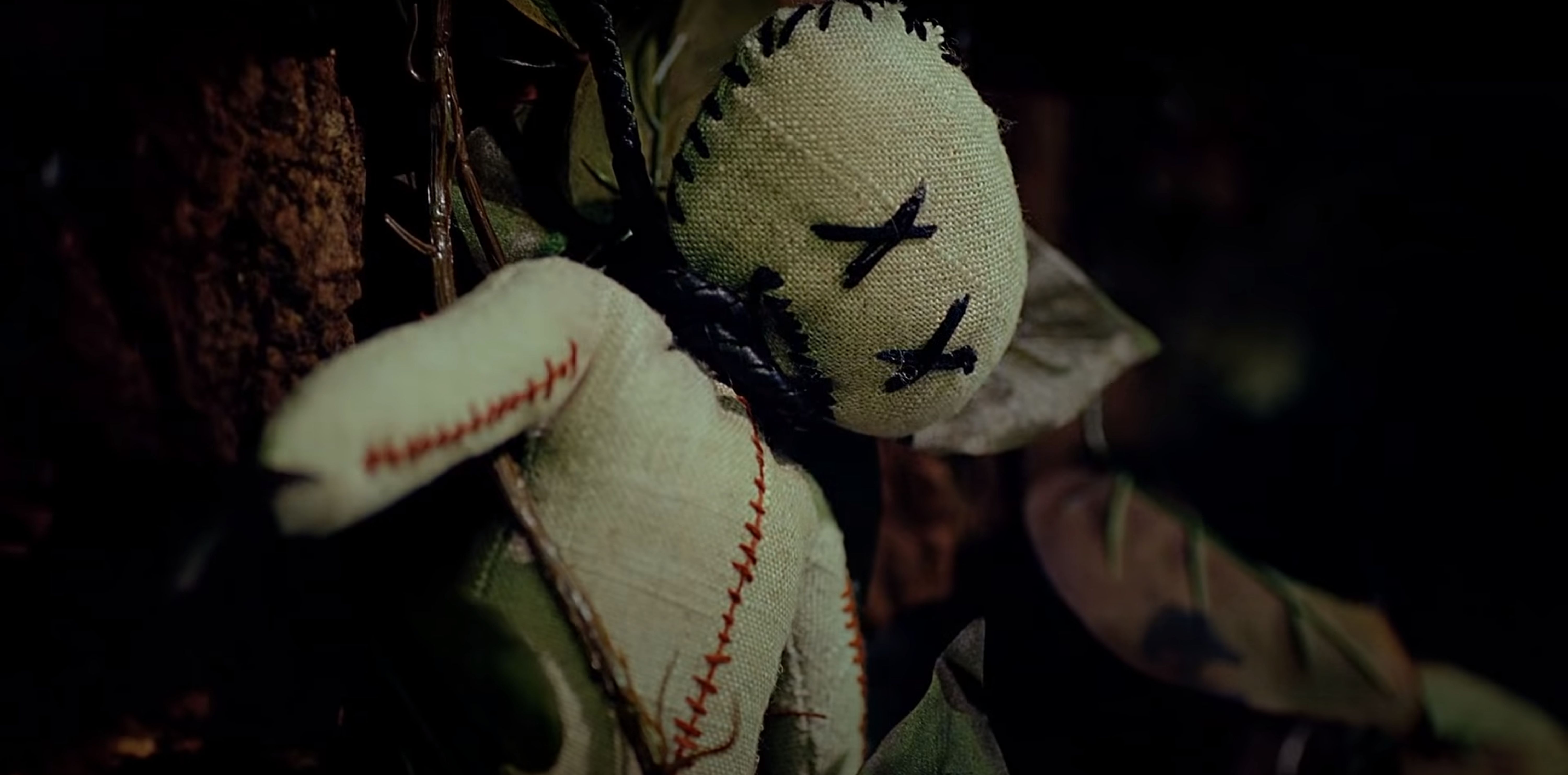To hear Basia Bulat sing is to be reassured — each note feels like a friend’s hand on your knee, understanding and encouraging.
Her music has always held a warm, hard-won wisdom, and Are You in Love? is no exception. The record sways and shimmies with a deeply human abandon, telling compassionate stories of love, heartbreak and life.
In fact, it’s arguably Bulat’s most dynamic record yet.
Composed and recorded primarily in the deserts of Joshua Tree National Park, in California, U.S.A., it glitters brightly and shifts like dunes.
Each song seems to emit a warmth all its own — a tender, skin-awakening light to close your eyes and bask in.
Are You in Love? is a record with a lot of ideas and a solid sense of what it’s meant to be — a satisfying marriage of Bulat’s soul-folk origins, the arrangements are playful and sparkling without becoming overstuffed.
Producer Jim James employs a light touch, letting Bulat’s outsized presence fill the spaces rather than cram them with psychedelic washes of sound or stampedes of pounding drums.
The record feels in conversation with U.S. Girls’s recently released Heavy Light.
Bulat’s self-discoveries and deeply-felt declarations act as the cosmic foil to Meg Remy’s body-driven and percussive opus. The two women share writing credits on each other’s records, an inspiring musical partnership that seems to have pushed both parties to their best works.
The highlights on Are You in Love? are spread evenly throughout, and it rarely loses its sense of momentum and discovery. The twinkle of “Electric Roses,” the heat-wave shimmer of the stunning “Light Years,” the stomp of “Pale Blue”— each song adds dimension and depth to the richly glowing whole, a collection of vivid truths discovered in the desert.
The album reaches its peak, fittingly, at its conclusion. The driving “Love is at the End of the World” — an optimistic approach to the end-times — explodes in a corrosive guitar solo, stealing the record away in a swirl of whipping winds and desert sands.
That Are You in Love? ends on a moment of such vibrant catharsis — and immense hope for our capacity to love in the face of nothingness — is Bulat’s appeal captured in amber. Her music asks you to be better — to yourself, to those you love and to those you’ll never meet.
The least we can do is heed her call.





